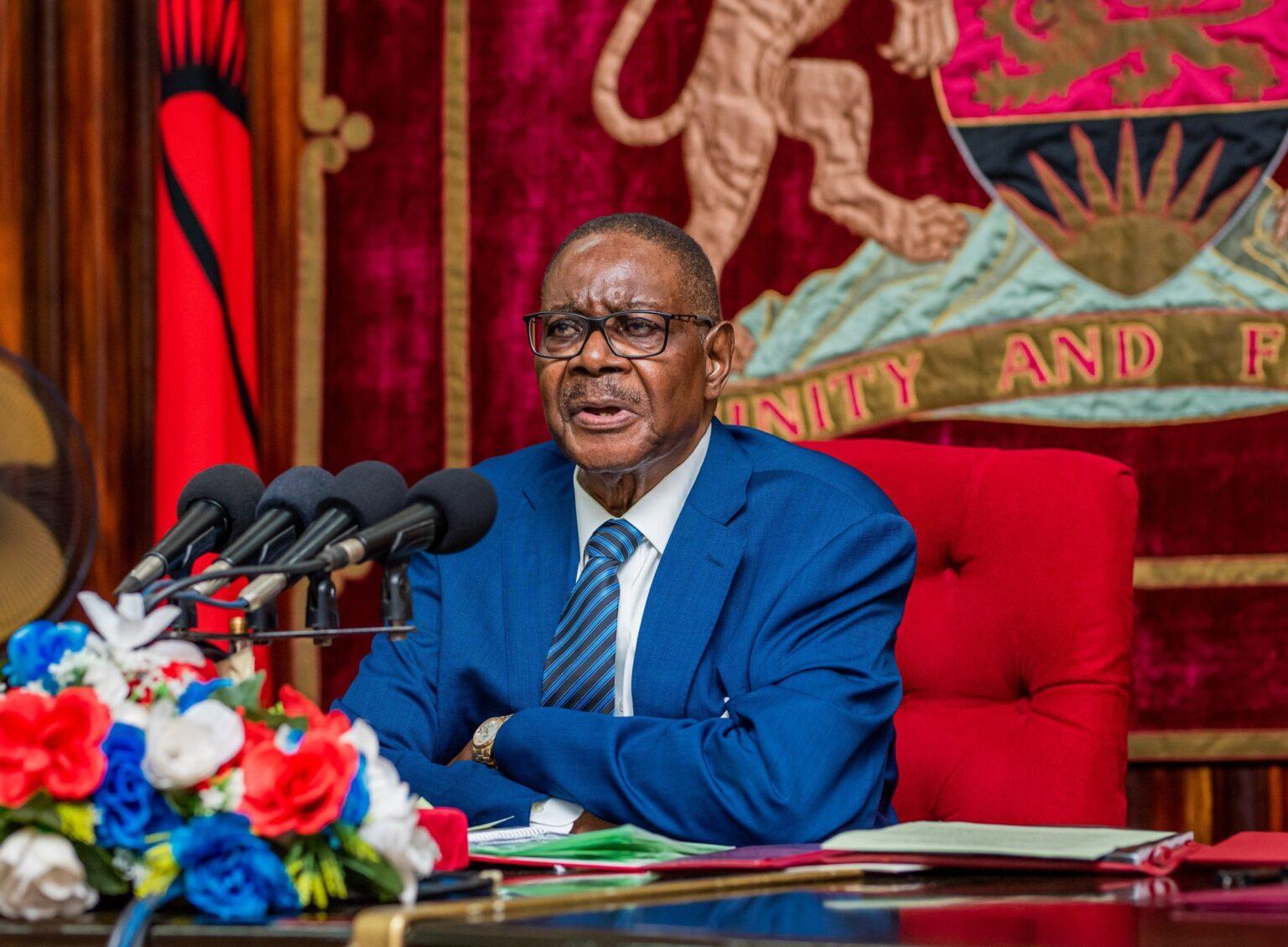Africa-Press – Malawi. When President Arthur Peter Mutharika announced his decision to merge several ministries into two giant portfolios — the Ministry of Industrialization, Business, Trade and Tourism, and the Ministry of Agriculture, Irrigation and Water Development — many applauded it as a sign of efficiency and reform. After years of bloated cabinets, Malawi appeared to be slimming down, tightening screws, and demanding more from fewer hands.
But as the applause fades, a sobering question remains: is this a masterstroke of efficiency or a recipe for bureaucratic chaos?
Efficiency or Overload?
Merging ministries looks elegant on paper. It signals fiscal prudence and administrative order — fewer ministers, fewer Principal Secretaries, and fewer vehicles draining the national budget.
But governance is not about arithmetic. It’s about balance, coordination, and the ability to deliver. When you cram too many demanding portfolios under one roof, you risk turning efficiency into overload.
The newly formed Ministry of Agriculture, Irrigation and Water Development sounds logical — agriculture needs water. Yet, water is not only about farming. It is about health, sanitation, urban planning, disaster management, and climate resilience. By placing water entirely under agriculture, its broader developmental role risks being eclipsed. The borehole in a rural village and the dam in a drought-prone district may soon be competing for attention with maize subsidies and input programs.
And what about the Ministry of Industrialization, Business, Trade and Tourism? Yes, they are connected — industry feeds trade, trade fuels business, and tourism sells the nation’s image. But these sectors do not operate at the same pace or with the same logic. Tourism thrives on culture, conservation, and hospitality; industry thrives on machinery, investment, and exports. When tourism’s gentle voice is placed beside the roaring engines of industrialization, it risks being drowned out completely.
Merging Structures Won’t Merge Results
Malawi has seen this story before: grand reforms that look transformative but die in the corridors of bureaucracy. Merging ministries does not automatically merge efficiency.
Without a clear management framework, these super-ministries could become super-bureaucracies — sluggish, confused, and directionless.
Lines of accountability may blur. Coordination between departments may weaken. And in the end, the very inefficiencies the mergers sought to cure could multiply under the weight of too many competing priorities.
A smaller cabinet is only meaningful if it delivers greater clarity and performance, not confusion disguised as reform.
The Bright Spot: Competence Over Cronyism
Yet, there is a silver lining. For once, the President’s appointments appear to favour competence over cronyism. Gone are the days when ministries were handed to unqualified loyalists, village cousins, or church friends.
Dr. George Partridge at Industrialization, Business, Trade and Tourism, and Roza Fatch Mbilizi at Agriculture are professionals with proven experience and discipline. If the President gives them room to act — free from political interference — Malawi could witness a rare moment of technocratic leadership.
But professionalism alone is not enough. These ministers must be empowered to act boldly, coordinate effectively, and resist the political inertia that has crippled reform after reform.
The Real Test: Results, Not Titles
The success of these mergers will not be judged by how neatly ministries have been grouped, but by what ordinary Malawians experience.
Will farmers get inputs on time?
Will irrigation projects function beyond campaign season?
Will businesses finally find a government that understands their struggles?
Will tourists still see Malawi as the “Warm Heart of Africa,” or just another neglected chapter in a policy document?
Streamlining government is a noble step, but structure without strategy is just cosmetic surgery. Malawi doesn’t need a slimmer cabinet; it needs a smarter one.
President Mutharika’s decision to merge ministries is undeniably bold. It signals a desire to modernize the state and cut waste. But boldness without clarity can be dangerous.
If these super-ministries become dumping grounds for unrelated departments, the promised efficiency will quickly decay into confusion. But if the government follows through — empowering its technocrats, defining clear mandates, and demanding measurable results — this could become a turning point in how Malawi governs itself.
The President has restructured the house. Now he must ensure it stands, functions, and delivers. Because merging ministries is easy — but merging dysfunction never works.
For More News And Analysis About Malawi Follow Africa-Press






